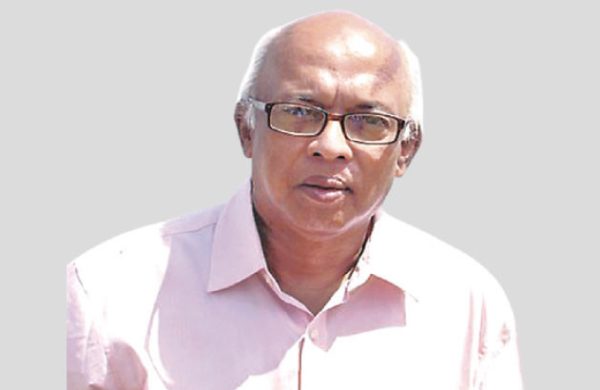Businesses struggling with uncertainty, increased production costs
- Update Time : Sunday, January 26, 2025

—Miraz Shams—
The Awami League government was ousted in a mass uprising last year due to its corrupt economic management and gross violations of human rights, but the newly formed interim government has also been failing to properly manage the economy.
Rather, new problems are adding to the existing ones, hiking production costs and eroding confidence among the businessmen.
After last year’s mass uprising, a gaping security vacuum was created, and even six months after, the law and order situation remains fragile. The dollar crisis has not been fixed, production costs remain elevated due to years of contractionary monetary policy, and gas shortage at industries is still a problem.
But on top of these, the new government has hiked industrial gas prices, further hiked interest rates, and is on course to adopt a number of other tough economic reform measures to secure IMF bailout funds. Launching new business enterprises is unthinkable as many of the existing ones risk collapse due to increasing productions costs.
The government apparently is not adequately concerned about the fate of businessmen. The government has taken some remedial measures, but they are not bearing fruits, so far.
However, increasing business production costs would also translate into job cuts, and higher consumer prices for the general people.
According to veteran economist Debapriya Bhattacharya, the interim government is failing to put enough emphasis on fixing the economy. Since assuming power last year, it has not provided any corrected budget for amending the flaws made in the last Awami League budget. This lack of policy overhaul has hurt economic growth momentum while keeping the unemployment crisis intact.
The general people currently supporting the government for its state reform agenda would lose patience, if policymakers fail to ensure economic expansion and job growth while providing social security benefits for the poor.
Dhaka Chamber of Commerce and Industry’s former president Abul Kasem Khan has claimed that the chief problem at the policymaking level is the lack of consistency. Tax regimes are changed repeatedly and abruptly. Then there is the unnecessary harassment by revenue collectors. Any product is being sold at two-three times more than their original price. But nobody is paying heed to these problems facing the business community, Abul Kashem alleged.
The government has hiked dollar purchase rate, interest rate and duties, partly to comply with IMF conditions. Amid unease and anger in the business community, and also among the general people, officials prudently shelved some of the duty hike plans. Policymakers, like Bangladesh Bank Governor Ahsan H Mansur, have also talked with businessmen to hear their concerns.
But more supportive approach is needed to help sustain and grow the country’s industries.
————————————–
(The writer is an economic columnist)



















